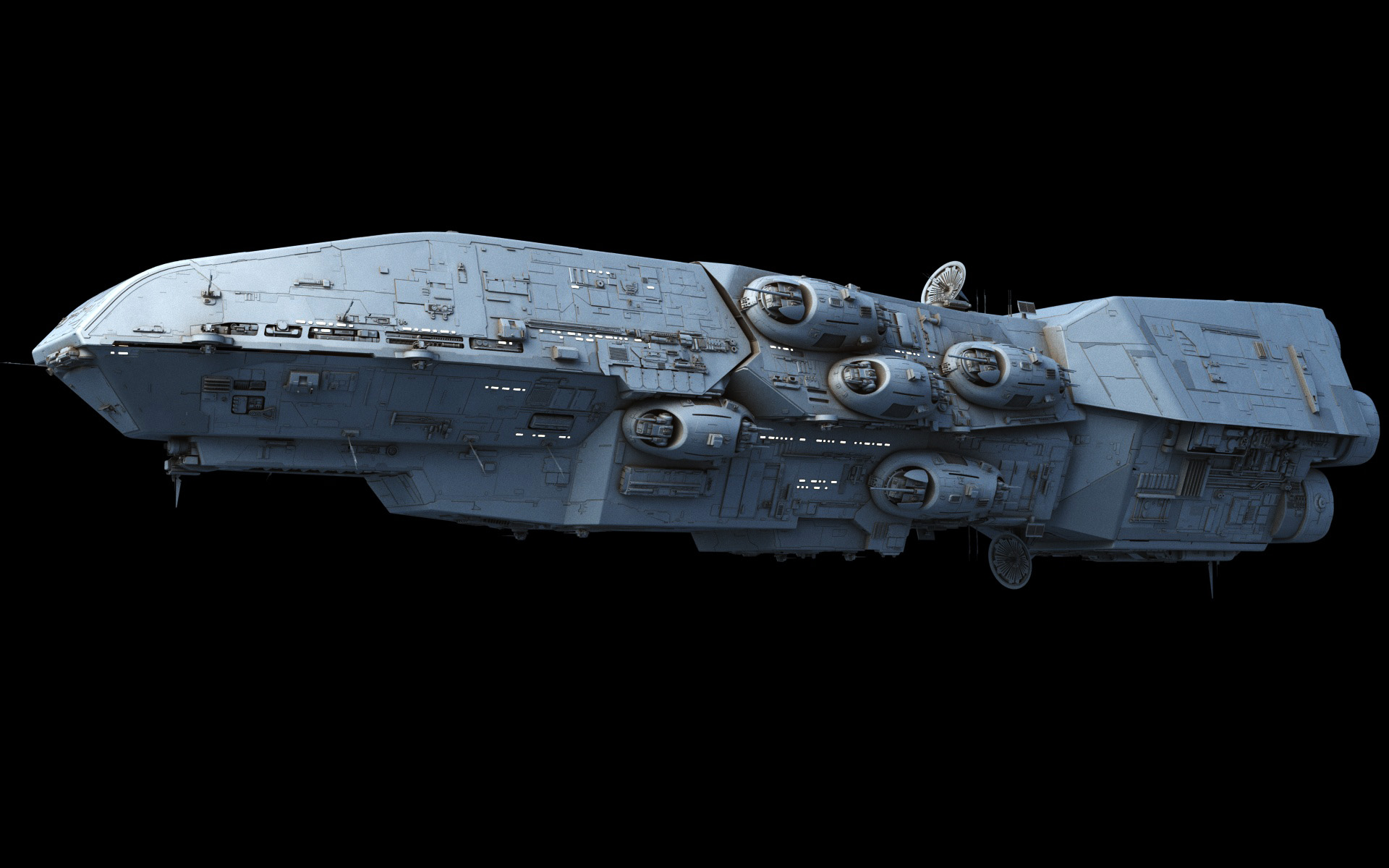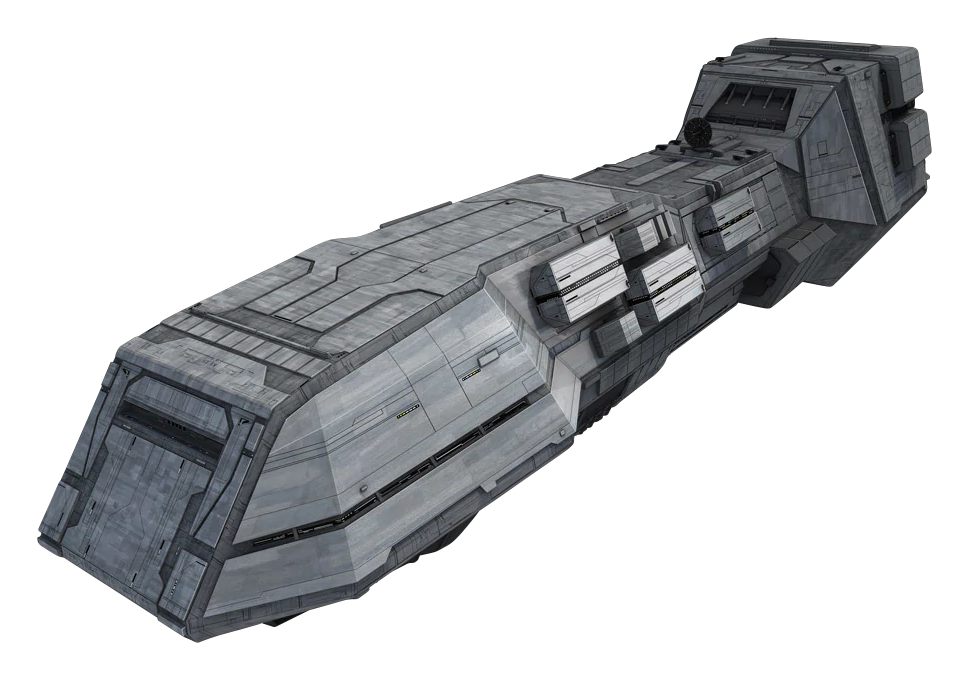
It's armament was comprised of 20 quad laser cannons, 10 turbolasers and an ion cannon. These were utilied via six hyperdrive engines.įor sensor systems, the heavy cruiser had a medium-range primary sensor transciever coupled with a secondary sensor transciever. For a backup hyperdrive, it had a class 18. The Dreadnaught cost 7,200,000 credits at regular value but was priced as high as 35,550,000 credits in used conditions on the black market.Įquipped with six ion engines, it also possessed a class 4 hyperdrive, though updated versions possessed a class 2 hyperdrive. Upon reading about it in the Thrawn Trilogy, something about it got me hooked and I was compelled to create my own version.The Dreadnaught-class heavy cruiser, not to be confused with the Dreadnought-class heavy cruiser, was a starship designed by Rendili StarDrive and mass produced for the Republic Navy, which were later employed by the Galactic Empire. But I guess beauty is in the eye of the beholder.

It doesn't have the elegance of the Venator or Arquitens, nor the uniqueness of something like the Nebulon B. Frankly, the Dreadnaught is a pretty uninspiring design. They're all at ~1:2600 I don't blame you. The Venator is Kristof's design, and it was the inspiration for all my mini/midi ships.

Luckily, combining part 155 (below) saved the day!

I didn't like the flatness of the tile method and I didn't like the random stud on the dish version.

As for the blisters, I saw a handful of Dreadnaught versions that either used 2x2 round tiles or 2x2 dishes. The stud.io model and the brick version have some small variations internally for the sake of added rigidity, so I'm not 100% sure of the final number. LEGO Digital Designer and other digital tools


 0 kommentar(er)
0 kommentar(er)
